What are the medical benefits of marijuana?
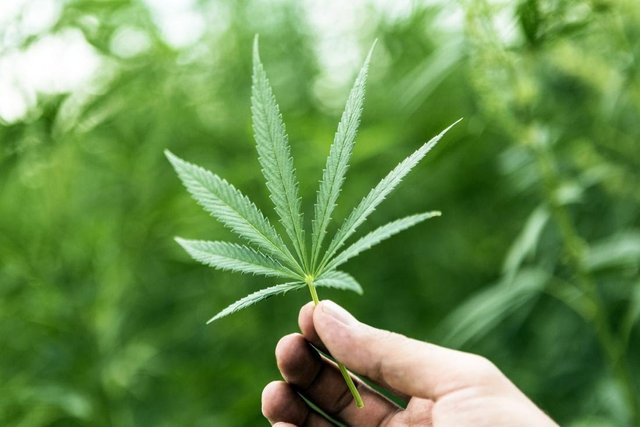
Over the years, research has yielded results to suggest that marijuana may be of benefit in the treatment of some conditions. These are listed below.

Chronic pain
Last year, a large review from the National Academies of Sciences, Engineering, and Medicine assessed more than 10,000 scientific studies on the medical benefits and adverse effects of marijuana.
One area that the report looked closely at was the use of medical marijuana to treat chronic pain. Chronic pain is a leading cause of disability, affecting more than 25 million adults in the U.S.
The review found that marijuana, or products containing cannabinoids — which are the active ingredients in marijuana, or other compounds that act on the same receptors in the brain as marijuana — are effective at relieving chronic pain.

Alcoholism and drug addiction
Another comprehensive review of evidence, published last year in the journal Clinical Psychology Review, revealed that using marijuana may help people with alcohol or opioid dependencies to fight their addictions.
But this finding may be contentious; the National Academies of Sciences review suggests that marijuana use actually drives increased risk for abusing, and becoming dependent on, other substances.
Also, the more that someone uses marijuana, the more likely they are to develop a problem with using marijuana. Individuals who began using the drug at a young age are also known to be at increased risk of developing a problem with marijuana use.
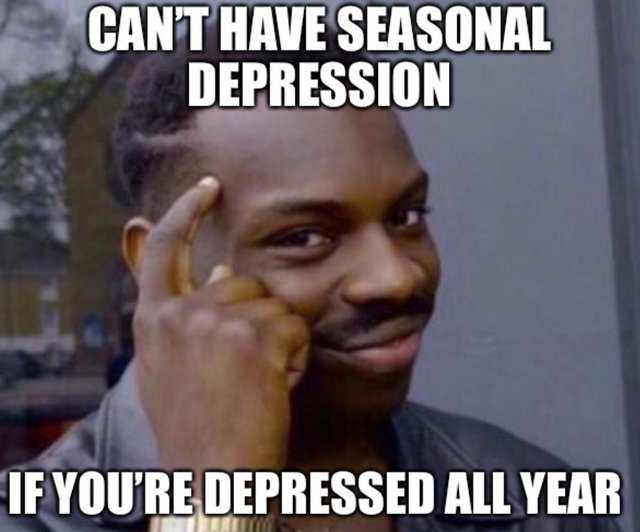
Depression, post-traumatic stress disorder, and social anxiety
The review published in Clinical Psychology Review assessed all published scientific literature that investigated the use of marijuana to treat symptoms of mental illness.
Its authors found some evidence supporting the use of marijuana to relieve depression and post-traumatic stress disorder symptoms.
That being said, they caution that marijuana is not an appropriate treatment for some other mental health conditions, such as bipolar disorder and psychosis.
The review indicates that there is some evidence to suggest that marijuana might alleviate symptoms of social anxiety, but again, this is contradicted by the National Academies of Sciences, Engineering, and Medicine review, which instead found that regular users of marijuana may actually be at increased risk of social anxiety.

Cancer
Evidence suggests that oral cannabinoids are effective against nausea and vomiting caused by chemotherapy, and some small studies have found that smoked marijuana may also help to alleviate these symptoms.
Some studies on cancer cells suggest that cannabinoids may either slow down the growth of or kill some types of cancer. However, early studies that tested this hypothesis in humans revealed that although cannabinoids are a safe treatment, they are not effective at controlling or curing cancer.
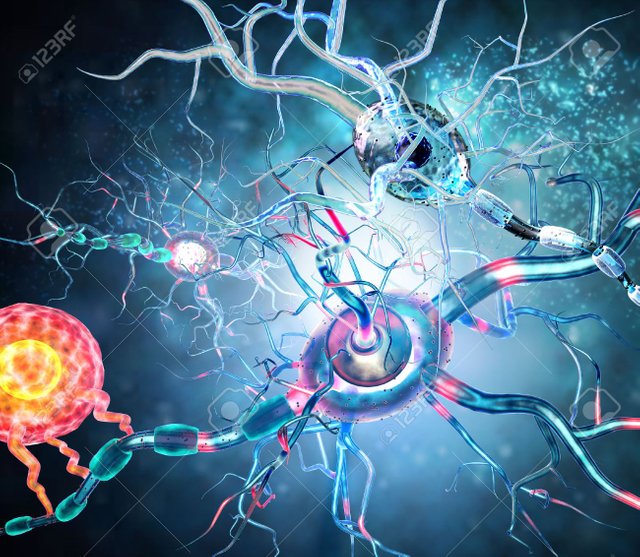
Multiple sclerosis
The short-term use of oral cannabinoids may improve symptoms of spasticity among people with multiple sclerosis, but the positive effects have been found to be modest.
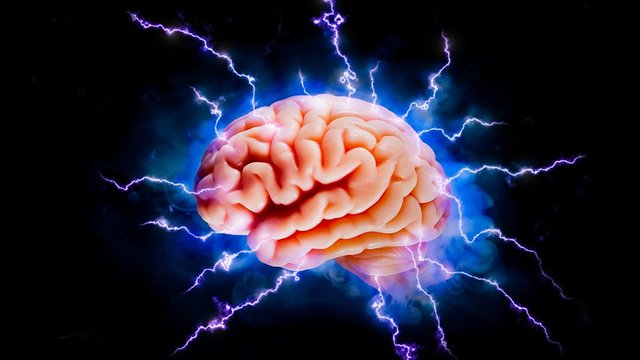
Epilepsy
In June 2018, the Food and Drug Administration (FDA) approved the use of a medication containing cannabidiol (CBD) to treat two rare, severe, and specific types of epilepsy — called Lennox-Gastaut syndrome and Dravet syndrome — that are difficult to control with other types of medication. This CBD-based drug is known as Epidiolex.
CBD is one of many substances that occurs in cannabis. It is not psychoactive. The drug for treating these conditions involves a purified form of CBD. The approval was based on the findings of research and clinical trials.
A study published in 2017 found that the use of CBD resulted in far fewer seizures among children with Dravet syndrome, compared with a placebo.
Dravet syndrome seizures are prolonged, repetitive, and potentially lethal. In fact, 1 in 5 children with Dravet syndrome do not reach the age of 20 years.
In the study, 120 children and teenagers with Dravet syndrome, all of whom were aged between 2 and 18, were randomly assigned to receive an oral CBD solution or a placebo for 14 weeks, along with their usual medication.
The researchers found that the children who received the CBD solution went from having around 12 seizures per month to an average of six seizures per month. Three children receiving CBD did not experience any seizures at all.
Children who received the placebo also saw a reduction in seizures, but this was slight — their average number of seizures went down from 15 each month before the study to 14 seizures per month during the study.
The researchers say that this 39 percent reduction in seizure occurrence provides strong evidence that the compound can help people living with Dravet syndrome, and that their paper has the first rigorous scientific data to demonstrate this.
However, the study also found a high rate of side effects linked to CBD. More than 9 in 10 of the children treated with CBD experienced side effects — most commonly vomiting, fatigue, and fever.
The patient information leaflet for Epidiolex warns of side effects such as liver damage, sedation, and thoughts of suicide.
What are the health risks of marijuana?
At the other end of the spectrum is the plethora of studies that have found negative associations between marijuana use and health. They are listed below.

Mental health problems
Daily marijuana use is believed to exacerbate existing symptoms of bipolar disorder among people who have this mental health problem. However, the National Academies of Sciences, Engineering, and Medicine report suggests that among people with no history of the condition, there is only limited evidence of a link between marijuana use and developing bipolar disorder.
Moderate evidence suggests that regular marijuana users are more likely to experience suicidal thoughts, and there is a small increased risk of depression among marijuana users.
Marijuana use is likely to increase risk of psychosis, including schizophrenia. But a curious finding among people with schizophrenia and other psychoses is that a history of marijuana use is linked with improved performance on tests assessing learning and memory.
.jpeg)
Testicular cancer
Although there is no evidence to suggest any link between using marijuana and an increased risk for most cancers, the National Academies of Sciences did find some evidence to suggest an increased risk for the slow-growing seminoma subtype of testicular cancer.
What are the health risks of marijuana?
At the other end of the spectrum is the plethora of studies that have found negative associations between marijuana use and health. They are listed below.
Mental health problems
Daily marijuana use is believed to exacerbate existing symptoms of bipolar disorder among people who have this mental health problem. However, the National Academies of Sciences, Engineering, and Medicine report suggests that among people with no history of the condition, there is only limited evidence of a link between marijuana use and developing bipolar disorder.
Moderate evidence suggests that regular marijuana users are more likely to experience suicidal thoughts, and there is a small increased risk of depression among marijuana users.
Marijuana use is likely to increase risk of psychosis, including schizophrenia. But a curious finding among people with schizophrenia and other psychoses is that a history of marijuana use is linked with improved performance on tests assessing learning and memory.
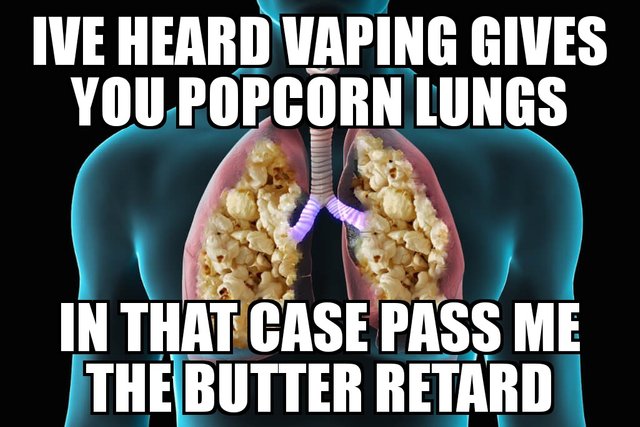
Respiratory disease
Regular marijuana smoking is linked to increased risk of chronic cough, but "it is unclear" whether smoking marijuana worsens lung function or increases the risk of chronic obstructive pulmonary disease or asthma.
A 2014 study that explored the relationship between marijuana use and lung disease suggested that it was plausible that smoking marijuana could contribute to lung cancer, though it has been difficult to conclusively link the two.
The authors of that study — published in the journal Current Opinion in Pulmonary Medicine — conclude:
"There is unequivocal evidence that habitual or regular marijuana smoking is not harmless. A caution against regular heavy marijuana usage is prudent."
"The medicinal use of marijuana is likely not harmful to lungs in low cumulative doses," they add, "but the dose limit needs to be defined. Recreational use is not the same as medicinal use and should be discouraged."
All information was found at https://www.medicalnewstoday.com/articles/320984.php#1
Memes sourced from
https://knowyourmeme.com/photos/1565288-ok-buddy-retard
https://www.medscape.com/viewarticle/914617
https://themighty.com/2017/11/funny-cancer-memes/
http://m.quickmeme.com/p/3vrcog
https://www.medscape.com/viewarticle/902197
pocketsend:11@dillon-jolly, play around with the token of fun - POCKET!
Successful Send of 11
Sending Account: pode
Receiving Account: dillon-jolly
New sending account balance: 254207
New receiving account balance: 10
Fee: 1
Steem trxid: f7514495bf259ce20431af470dddec27760ce1c5
Someone sent you some POCKET tokens. POCKET is an experimental sub-token system which operates on the Steem blockchain. It's like having a custom token without SMT. You can also send some to someone else by just commenting on a post with the following command:
pocketsend:number_of_token@recipient_name,memofor example to send 10 tokens to @pocketjs, make a comment starting with:pocketsend:10@pocketjs,This is a giftI am running Pocket-JS confirmer code.
Hey be sure to put sources for gifs or photos used. Id hate to see a post get taken down for dumb stuff. they are pretty serious about that stuff here. Just a heads up!
Done!
your awesome! Thanks! we need more cannabis lovers so I kinda want to keep you around!
Congratulations @dillon-jolly! You have completed the following achievement on the Steem blockchain and have been rewarded with new badge(s) :
You can view your badges on your Steem Board and compare to others on the Steem Ranking
If you no longer want to receive notifications, reply to this comment with the word
STOPVote for @Steemitboard as a witness to get one more award and increased upvotes!